The world this week: Suharto, Pope Francis and Golda Meir take power
Libby Stanford trawls the archives for the key events and notable deaths from this week in history
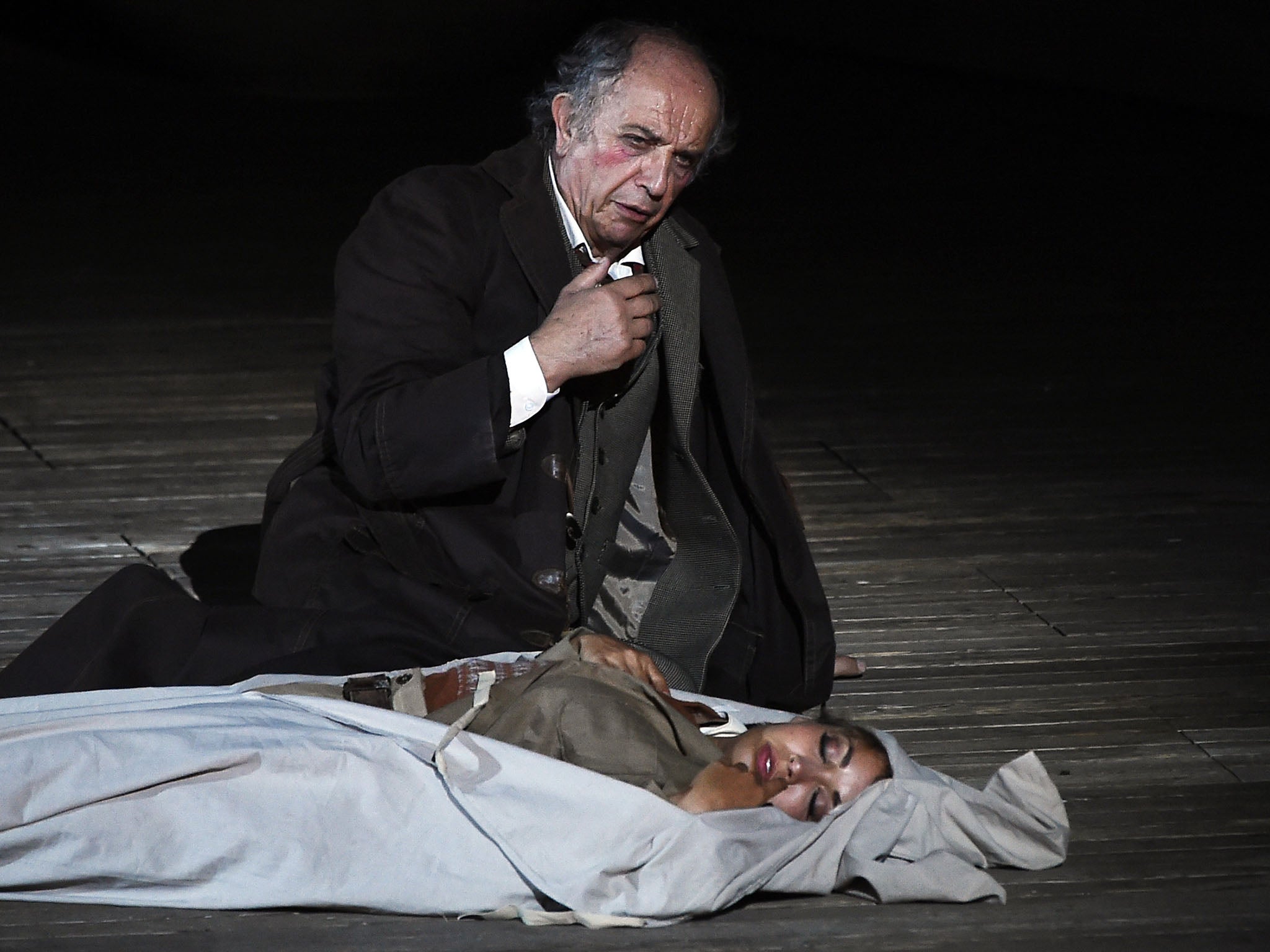
The world this week...
11 March
In 1851, Giuseppe Verdi’s opera Rigoletto premiered. It became one of the most popular operas of all time after its debut at the Teatro La Fenice in Venice, Italy.
Lithuania broke away from the Soviet Union in 1990. It was the first country to gain independence from the USSR.
Several bombs exploded on Madrid trains in 2004, killing 191 people. The explosions went through three train stations during morning rush hour.
Paul McCartney, became Sir Paul McCartney in 1997. The Beatle was knighted by Queen Elizabeth for his “services to music”.
In 2011, an earthquake and tsunami disabled the power supply of the Fukushima Daiichi nuclear power plant, causing an energy accident. Over 150,000 people were evacuated from their homes to avoid radiation sickness or death.
Deaths: Charles Sumner, 1874, American politician; William Rosecrans, 1898, American general and diplomat; Alexander Fleming, 1955, Scottish scientist and Nobel Prize laureate; Philo Farnsworth, 1971, American inventor of the fusor; Slobodan Milosevic, 2006, president of Serbia and Montenegro.
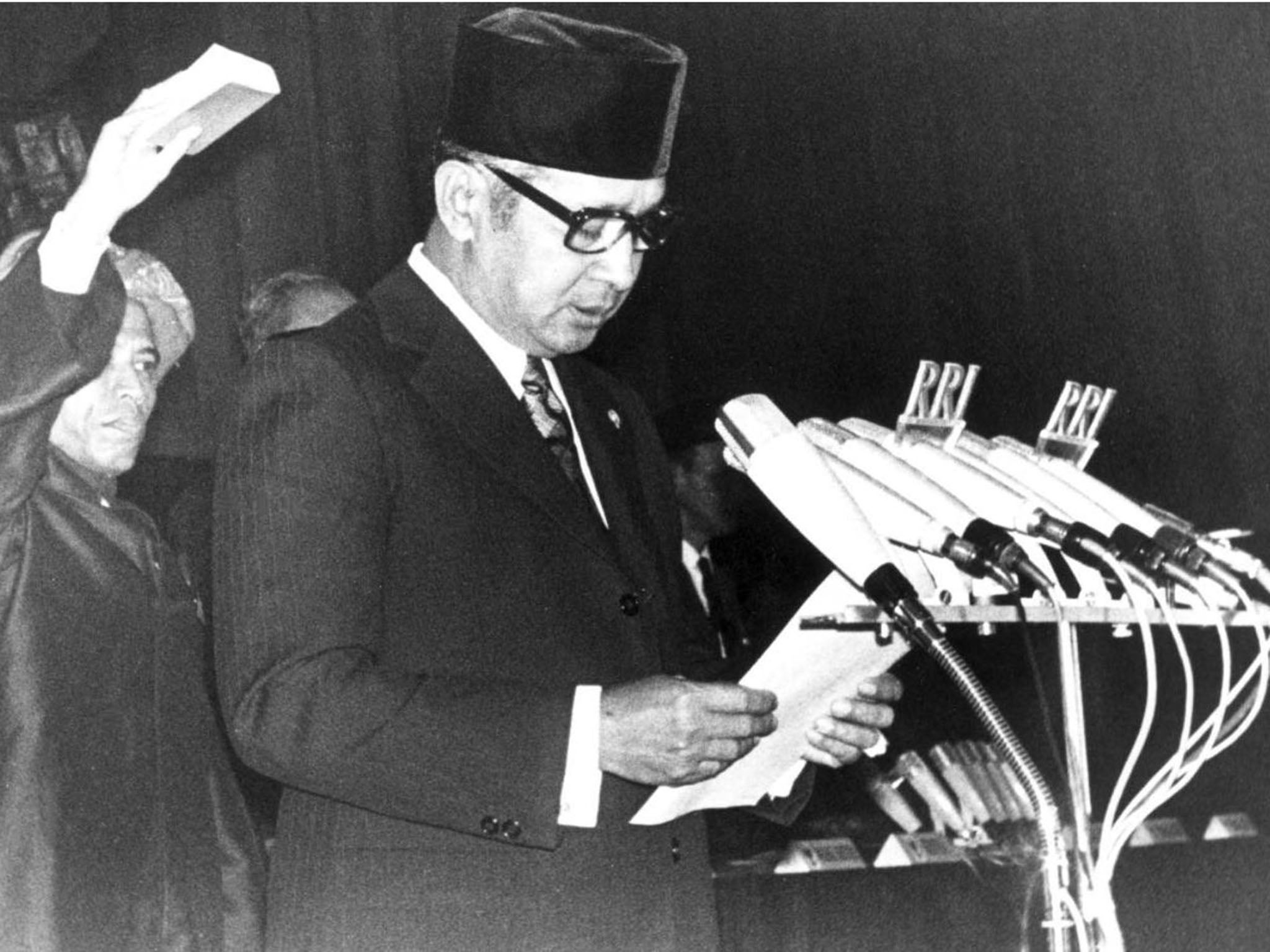
12 March
In 1930, Mohandas Gandhi began a march to the sea to protest British monopoly on salt. Gandhi was arrested during the 24-day march, but it carried on without him.
Hitler annexed Austria in 1938. The country remained a federal state of Germany until the end of the Second World War.
In 1947, US president Harry S Truman introduced the Truman doctrine, which established US intentions to prevent the spread of communism in Turkey and Greece.
Suharto, the authoritarian president of Indonesia, rose to power in 1967. He ruled for 31 years.
Deaths: George Westinghouse, 1914, American engineer and inventor; Sun Yat-sen, 1925, first president of the Republic of China; Charlie Parker, 1955, American saxophonist and composer; Yehudi Menuhin, 1999, American and Swiss violinist and conductor; Terry Pratchett, 2015, English author.
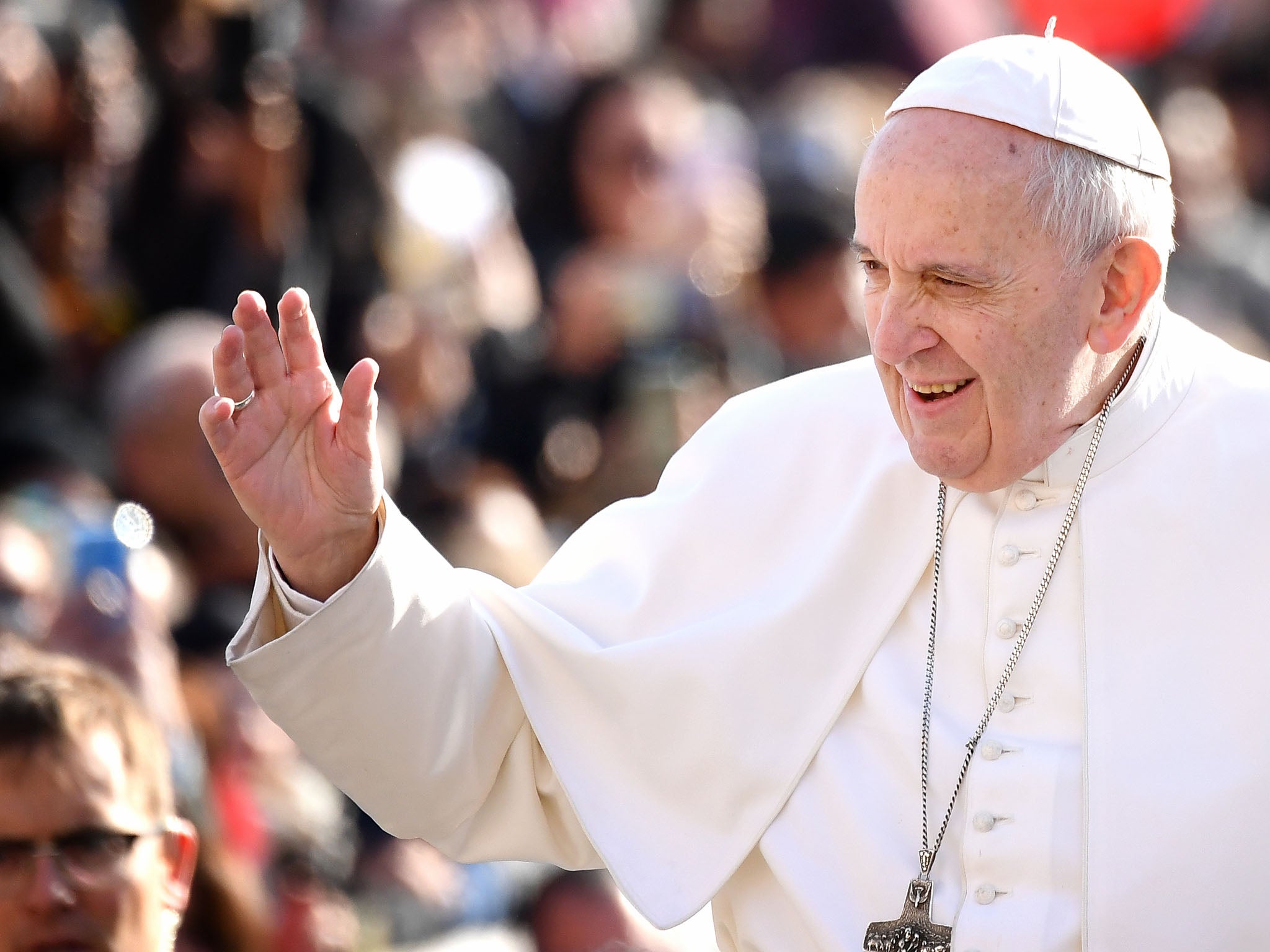
13 March
British astronomer William Herschel discovered Uranus in 1781. The planet is the third largest in the solar system.
In 1845 Felix Mendelssohn premiered his Violin Concerto. The concerto in E minor, Opus 64, is one of the most widely performed violin pieces in history.
Thousands fo Jews were murdered by Nazis in Krakow in 1943. The event was the portrayed in the film Schindler’s List.
Unidentified lights appeared over Phoenix, Arizona in 1997, causing a heated debate in the UFO community. Illumination flares dropped from a US air force plane was later revealed to be the cause.
In 2013, Pope Francis became the 266 leader of the Catholic Church.
Deaths: Henry Shrapnel, 1842, English army officer; Adolf Anderssen, 1879, German chess master; Alexander II of Russia, 1881; Benjamin Harrison, 1901, former US president; Susan B Anthony, 1906, American activist.
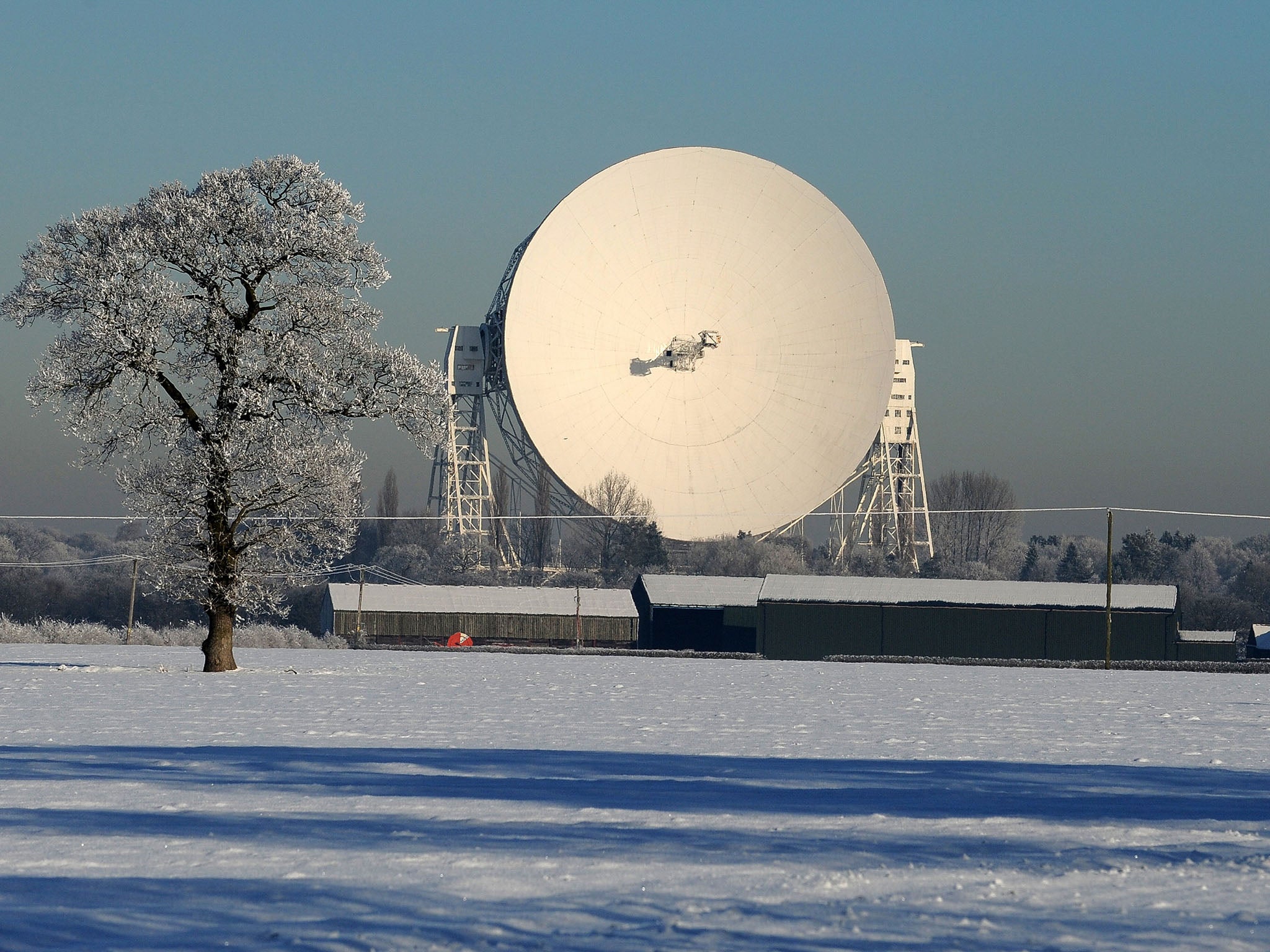
14 March
The largest accidental oil spill in history was caused by the Lakeview Gusher in 1910. Nine million barrels of crude oil were spilled.
In 1960, the British Lovell radio telescope made history by contacting the American Pioneer V satellite from 407,000 miles away.
The Birmingham Six, who had been wrongly sentenced to life imprisonment for the IRA Birmingham pub bombings were released from prison in 1991.
Deaths: Friedrich Gottlieb Klopstock, 1803, German poet; John Jervis, 1823, 1st Earl of St Vincent; Karl Marx, 1883, German philosopher; Mohammad Hatta, 1980, first vice president of Indonesia; Tony Benn, 2014, English politician.
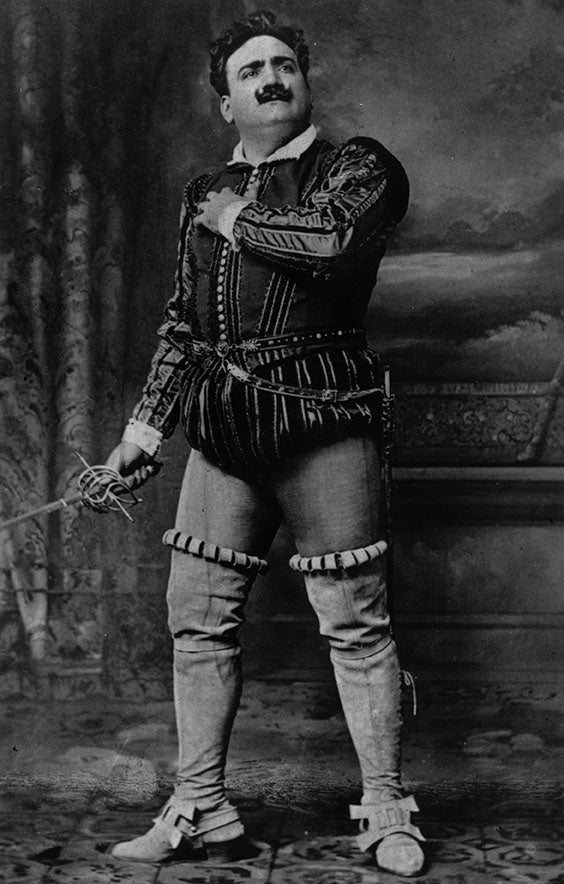
15 March
Italian operatic tenor Enrico Caruso made his professional stage debut in Naples, 1895.
In 1917, Tsar Nicholas II of Russia abdicated the throne following the February Revolution. He and his family were later executed.
The Godfather premiered in 1972. The film based on the novel by Mario Puzo is one of the most popular and highest-grossing movies of all time.
Symbolics.com became the world’s first Internet domain name to be registered in 1985. The Symbolics Computer Corporation of Massachusetts registered the name.
Mikhail Gorbachev became president of the Soviet Union in 1990. His political and economic reforms ultimately led to the fall of the Berlin Wall and the end to the Cold War.
Deaths: HP Lovecraft, 1937, American writer; Nikolai Bukharin, 1938, Russian politician; Rebecca West, 1983, English journalist and author; Ann Sothern, 2001, American actress; Mikey Dread, 2008, Jamaican singer-songwriter and producer.

16 March
The first liquid-fuel rocket was launched by Robert Goddard in 1926.
US troops massacred hundreds of civilians in Vietnam during the My Lai Massacre in 1968. Many children and infants were included in the casualties.
An Ulster loyalist in Northern Ireland killed three people at a Provisional IRA funeral in 1988. Michael Stone was convicted of the Milltown Cemetery attack.
Also in 1988, 5,000 civilians in Halabja died from a poison gas attack which was likely executed on the orders of Saddam Hussein.
Deaths: Tiberius, 37, Roman emperor; Arthur Godfrey, 1983, American radio and TV host; Rachel Corrie, 2003, American activist; Bill Brown, 2008, Australian cricketer.
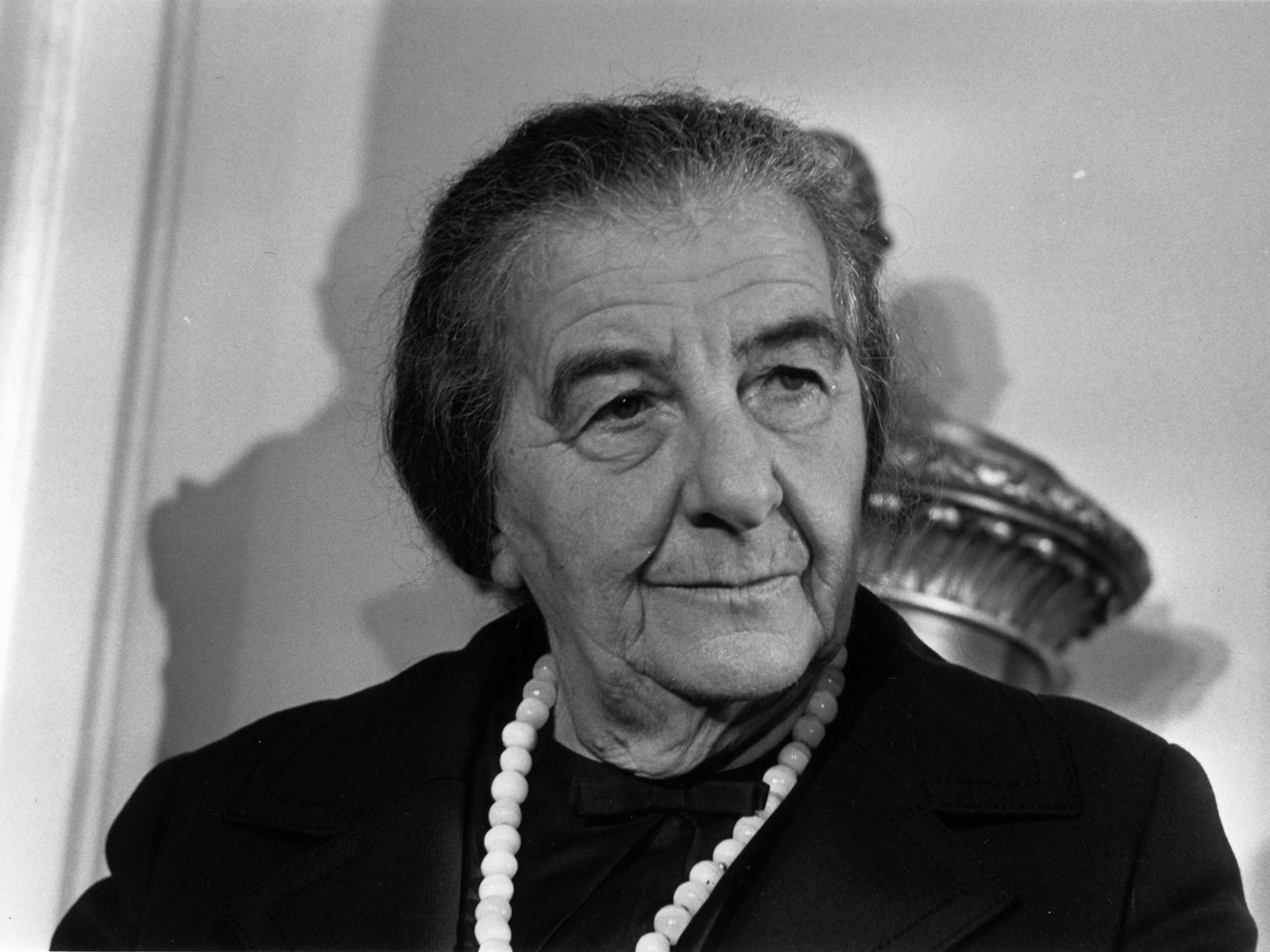
17 March
The Dalai Lama fled Tibet for India in 1959. A revolt in Lhasa against the Chinese caused Tenzin Gyatso, the 14th Dalai Lama, to fear for his life.
In 1969, Golda Meir became the first female prime minister of Israel.
In 1973, photographer Slava Veder captured the moment when a US prisoner of war reunited with his family in the famous photograph titled “Burst of Joy”.
Racial segregation in South Africa came to an end in 1992 when 68.7 per cent of the country voted to abolish Apartheid.
Deaths: Marcus Aurelius, 180, Roman emperor; Saint Patrick, 461, Irish missionary and bishop; Fred Allen, 1956, American comedian, actor and radio host; George F Kennan, 2005, American historian, diplomat and ambassador; Oleg Cassini, 2006, French and American fashion designer.

Join our commenting forum
Join thought-provoking conversations, follow other Independent readers and see their replies
Comments
Bookmark popover
Removed from bookmarks